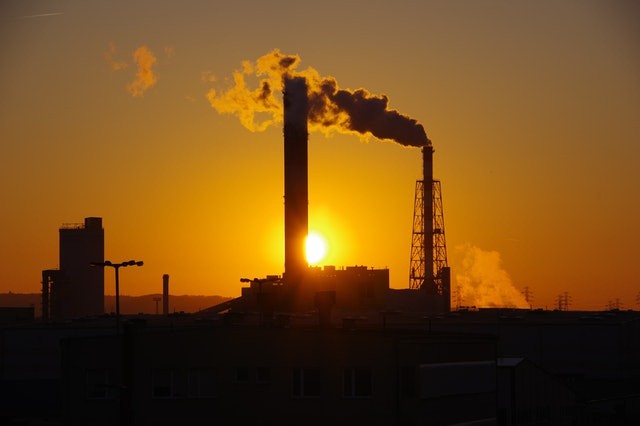As reported by a global stocktake, the world will become hotter by more than 1.5C except that nations produce tougher policies. Governments must bisect emissions by 2030 if they want the Earth to stay within the "safe" threshold of 1.5C. But the recent set of national policies tabled to the United Nations showed emissions will merely be balanced by 2030.

The Red Alert
António Guterres, the United Nations Secretary-General called it a red alert for our planet because it shows that governments are not even close to the level of ambition needed to restrict climate change to 1.5 degrees in order to meet the goals of the Paris Climate Agreement. So, therefore, the major emitters must advance with much more ambitious emissions reduction targets.
Dr. Niklas Hohne from the New Climate Institute reported to BBC News that there is a great hole to fill if we are more concerned about 1.5C that threshold nations have agreed not to pass. Global emissions have to be split but with current proposals they can only be stabilized which is really not good enough.
Some nations such as Australia have not even submitted a climate plan, and they are judged based on previous proposals, to have offered no substantial improvement. Emissions from those countries doing little or nothing extra amount to 10-15% of global emissions while Brazil and Mexico have allured comment for not doing more.
Positive Signs Based On 1990 Levels
Though, there are some positive signs. The European Union, based on 1990 levels, for instance, made the biggest bounce from a target of a 40% cut to a 55% cut. Dr. Hohne said it could have been more, but it is also a good step in the right direction. He (Dr. Hohne) also applauded Nepal, the United Kingdom, and Argentina, whose objective based on 1990 levels, is to reduce emissions by 68% by the target date of 2030.
He deferred the United Kingdom's governance of climate policy to serve as an example to the rest of the world. Britain has a Climate Change Act which lays ambitions into law and supervised by an independent body.The United Kingdom targets to be producing practically no emissions by 2050 known as the Net Zero target which Dr. Hohne said is a robust system that helps give longer-term certainty and send strong signals to investors.

Emission Proposals Show a Productive Competition
Nationally Determined Contributions (NDCs), for emissions proposals, show a productive competition between Japan and China over the Net-Zero target. Originally, Japan had no mid-century target but China proposed Net-Zero by 2060, and Japan was roused into a counter-bid of Net Zero by 2050. But the United Nations is yet to formally confirm China's proposal.
The United States, under President Biden, has promised an ambitious submission, and India which preserves that its poverty should spare it from emissions cuts is said to be pondering a target.
The United Kingdom is also ducking out from the strict targets enforced by its climate advisors. On the other hand, the United Kingdom is cutting out coal from power generation and investing heavily in renewables, thereby mandating that no more petrol or diesel should be sold after 2030.
For more news, update about climate change and similar topics don't forget to follow Nature World News!
© 2026 NatureWorldNews.com All rights reserved. Do not reproduce without permission.





